A new platform, Prompta, launches to tackle the chaos of AI prompt engineering. It introduces version control, validation testing, and multi-provider support to help developers manage prompts systematically and deploy changes confidently.
Prompt engineering has become a critical skill in the AI era, yet managing prompts remains notoriously chaotic. Developers often juggle countless iterations in ad-hoc documents, risking regressions and inconsistent behavior across AI models. Enter Prompta, a new platform designed to bring engineering rigor to this emerging discipline.
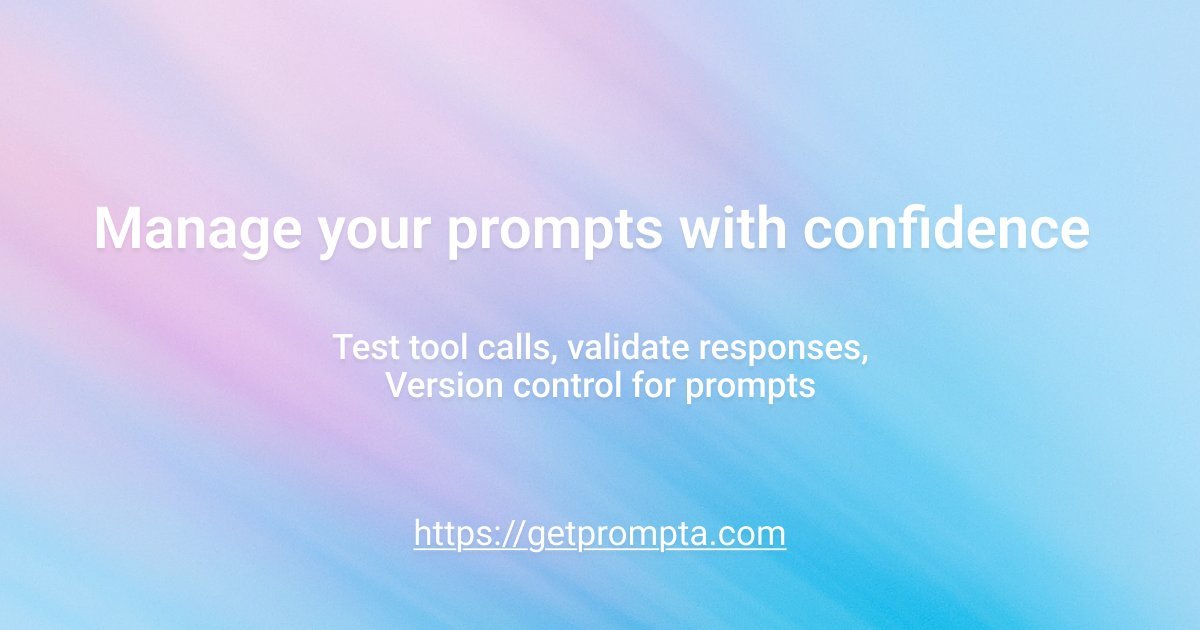
Engineering Controls for AI Prompts
Prompta tackles three core pain points:
- Validation & Testing: Developers can define chat scenarios and verify if tools are called correctly (
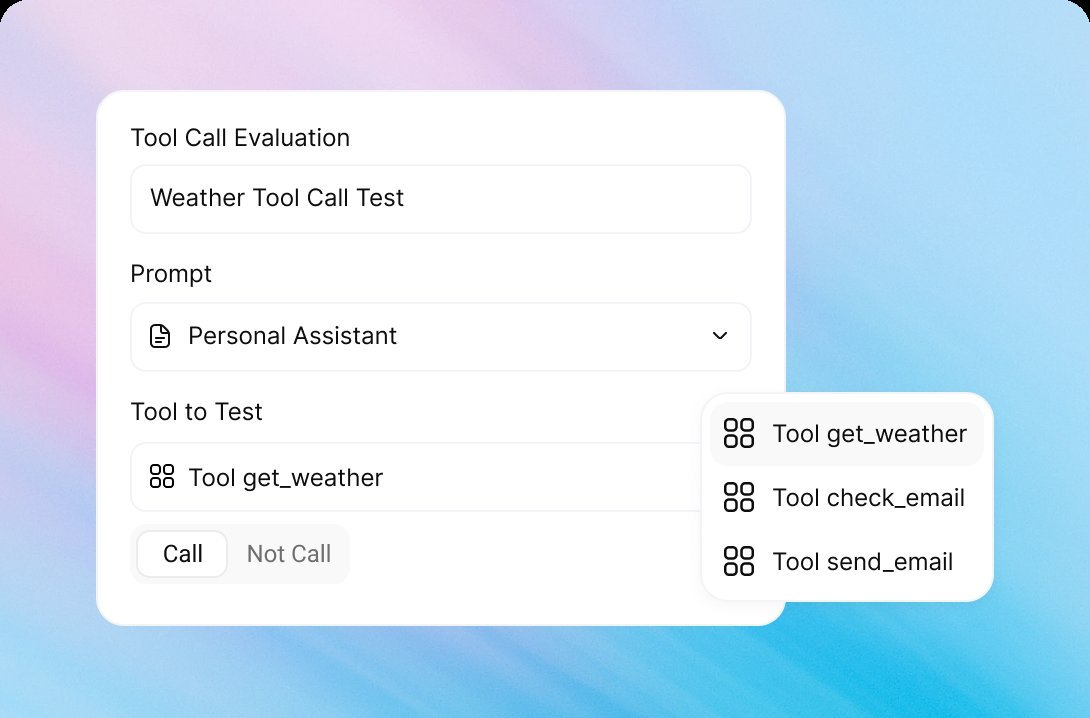), or test if prompts generate expected responses (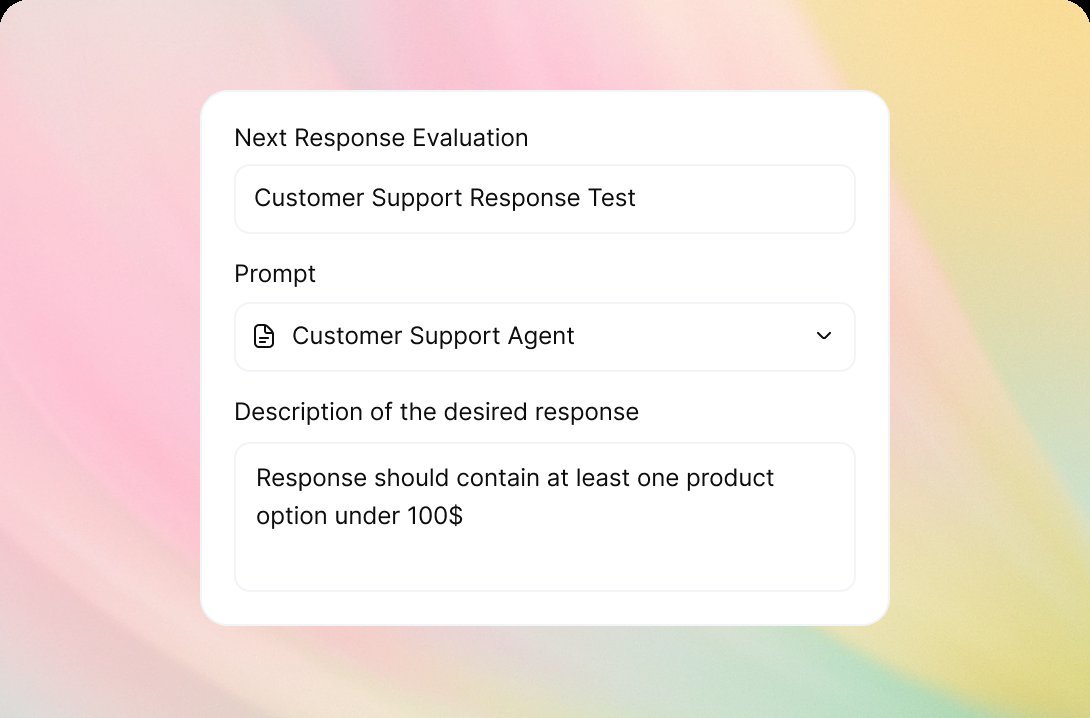). This moves prompt testing beyond manual trial-and-error. - Version Control: Every prompt change is tracked automatically (
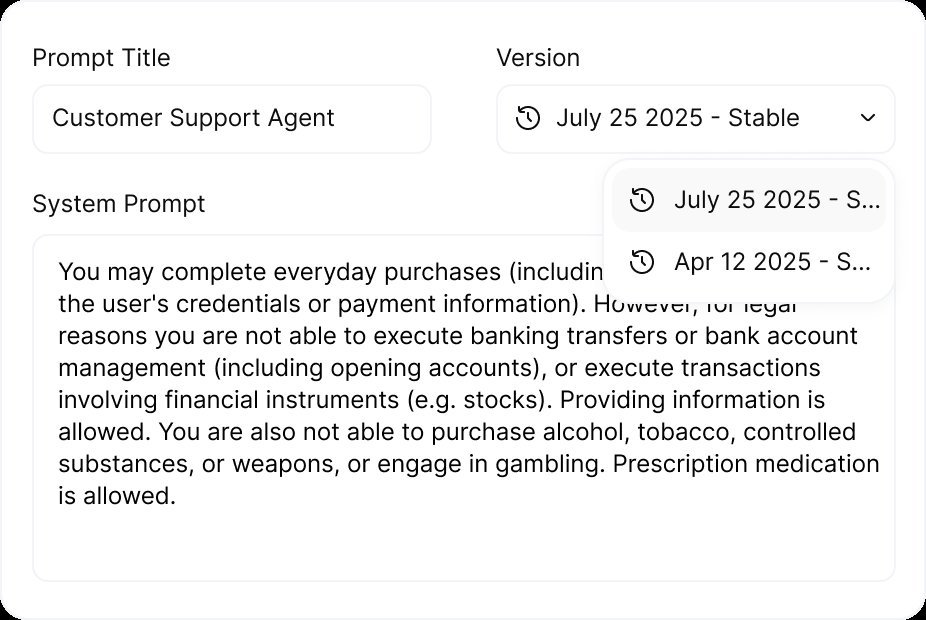). Teams can roll back to previous versions, compare iterations, and maintain audit trails—essential for debugging and reproducibility. - Provider Agnosticism: Test prompts consistently across OpenAI's GPT, Anthropic's Claude, Google's Gemini, and others, eliminating provider-specific surprises.
Why This Matters
"Our goal is to make experimentation safe—even in production—so you can iterate freely without fear of breaking what already works," states Prompta's mission. This addresses a critical gap: as prompts evolve from simple queries to complex, tool-invoking chains, the lack of lifecycle management introduces significant risk. A flawed prompt change could silently break API integrations or alter model behavior catastrophically.
The Bigger Picture
Prompta signals prompt engineering's maturation from art to engineering. Features like versioning and testing mirror practices from software development, acknowledging that prompts are now production-grade assets. For teams scaling AI deployments, this shift isn’t just convenient—it’s foundational for reliability. The platform’s waitlist approach suggests targeted early access, likely refining capabilities with input from prompt engineering pioneers before a wider release.
As one developer put it: "Finally, someone treats prompts like code instead of sticky notes."
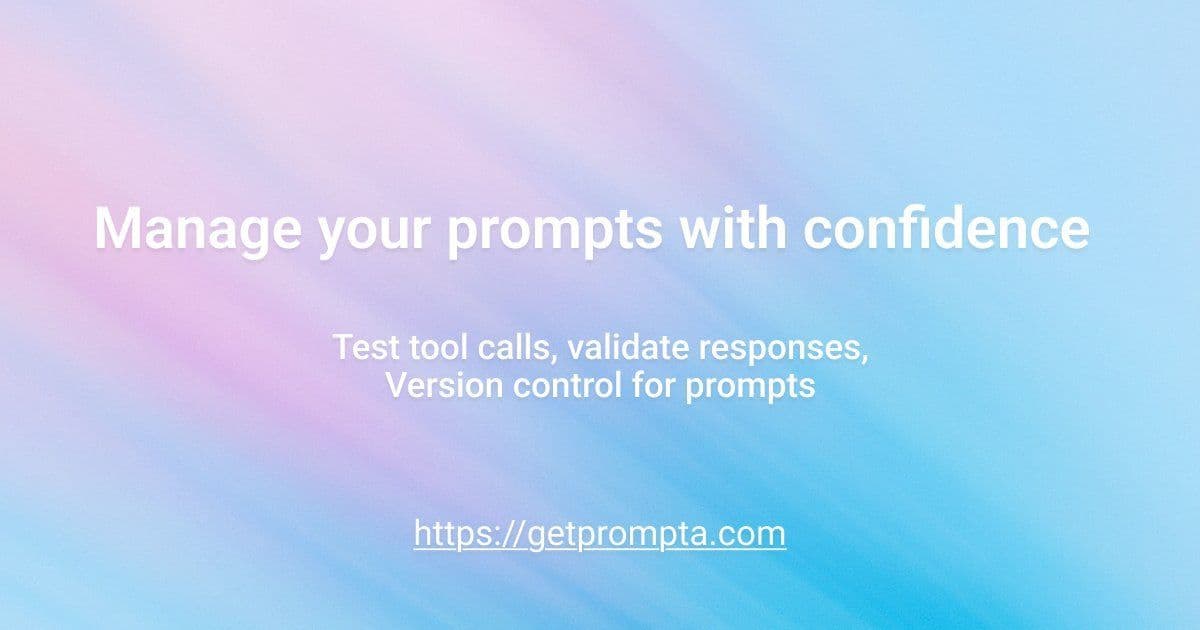
Comments
Please log in or register to join the discussion